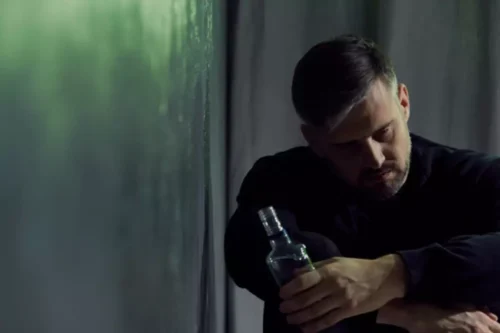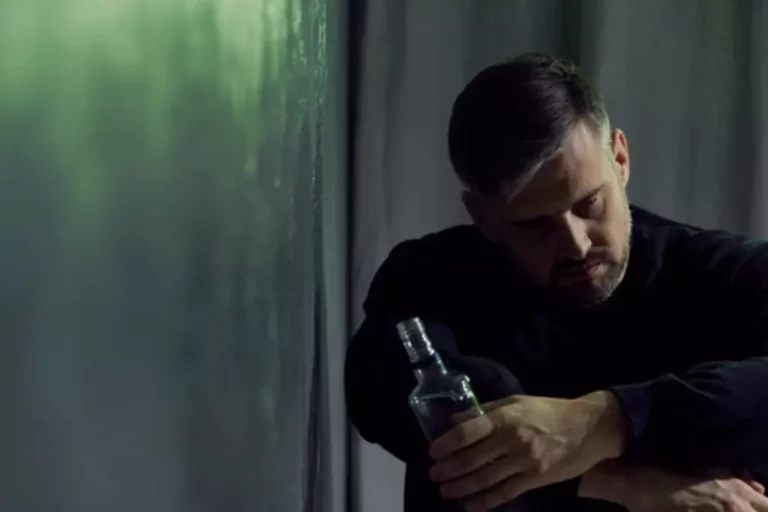58 Substance Abuse Group Therapy Activities for Recovery

Below we’ll explore 10 activities substance abuse healthcare providers use to help promote relapse prevention and build coping skills. Working with clay or other sculpting materials allows participants to create three-dimensional representations of their emotions, experiences, or hopes for the future. This experiential therapy activity taps into the tactile and creative process, encouraging participants to explore complex emotions through physical creation.

Goal-Setting And Achievement Challenges

Understanding the far-reaching effects of substance abuse is essential for individuals in recovery and their loved ones. These substance abuse group activities foster empathy and a deeper awareness of the ripple effects of addiction. ChoicePoint aims to improve the quality of life for people struggling with substance use disorder and mental health issues. Our team of licensed medical professionals research, edit and review the content before publishing.

Meditation Practice
She has provided psychotherapy in a residential treatment program and an outpatient addiction treatment facility in New York as well as an inpatient addiction rehab in Ontario, Canada. She has experience working with individuals living with a variety of mental health concerns including depression, anxiety, bipolar disorder, borderline personality disorder, and trauma. Through the group dynamic, clients foster hope and examine core issues that exacerbate their addictive disorders. They also work to develop their communication skills and learn to engage in fun, healthy social experiences. The group dynamic encourages honest feedback https://ecosoberhouse.com/ and facilitates bonding between individuals with shared experiences.
Recovery is a process that lasts a lifetime.
Many recovery support groups worldwide are also free of charge, making them an accessible and convenient option for continuing care and relapse prevention once treatment ends. Add one activity that would help you improve your physical, emotional, mental, or spiritual health. For example, you might decide that you will exercise instead of sitting on the sofa while watching television. Discuss how treatments for physical illnesses – like broken bones or substance abuse group activities infections – are similar to treatments for psychological illnesses like addiction.
Celebrating Recovery Anniversaries
A therapist works with the clients to identify how their negative thoughts affect emotions marijuana addiction and behaviors. A therapist aims to reshape your thoughts towards a more positive perspective for better behavioral outcomes. Learn about addiction treatment facilities that can meet your or your loved one’s needs by visiting AddicionResource.net today, or call us for assistance. Group reflection promotes self-awareness and emotional regulation, as participants learn from one another’s experiences and lean on each other for support. Journaling serves as a powerful self-help mechanism, reducing the risk of relapse by providing an outlet for processing thoughts and emotions in a constructive manner.


Each person curates a collection of techniques and resources that work best for them. It’s empowering to know you’ve got a arsenal of strategies at your fingertips when challenges arise. For those craving a bit more adventure, outdoor team-building exercises and nature walks offer a breath of fresh air – literally and figuratively. There’s something about the great outdoors that puts our problems into perspective and reminds us of the vastness of possibilities.
- The rest of the group comments on the accuracy of their assessment and gives advice.
- Balancing empathy with gentle encouragement helps participants explore their ambivalence and find their intrinsic motivations for change.
- By addressing these issues, substance abuse support groups can become more responsive, inclusive, and beneficial spaces for individuals on their journey to recovery.
- Group discussions, guest speaker sessions, and personal testimonials shed light on how sobriety can improve relationships, better health, and a renewed sense of purpose.
- Engaging in art, music, or writing within a supportive group setting encourages participants to explore their thoughts and emotions.

